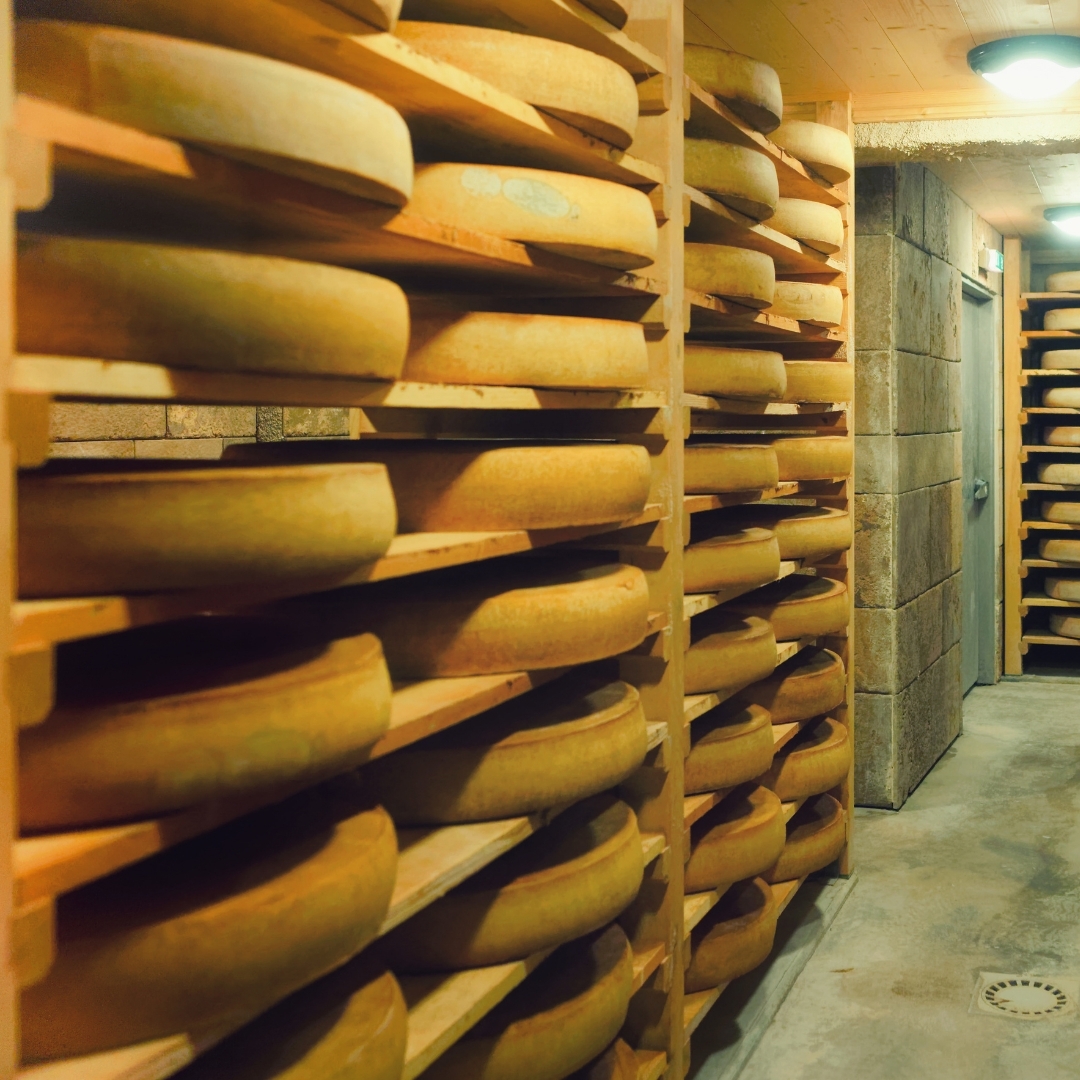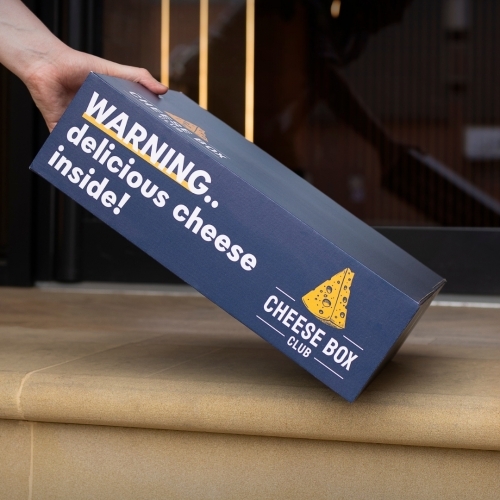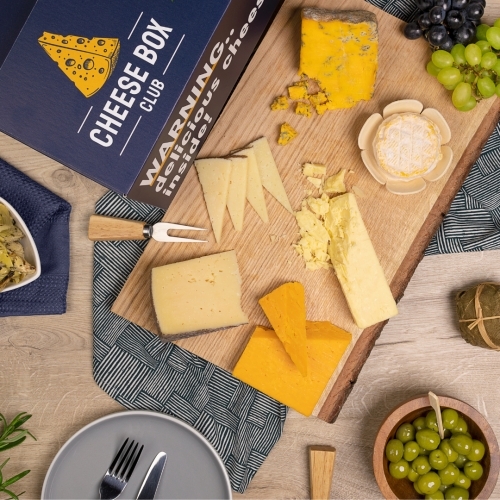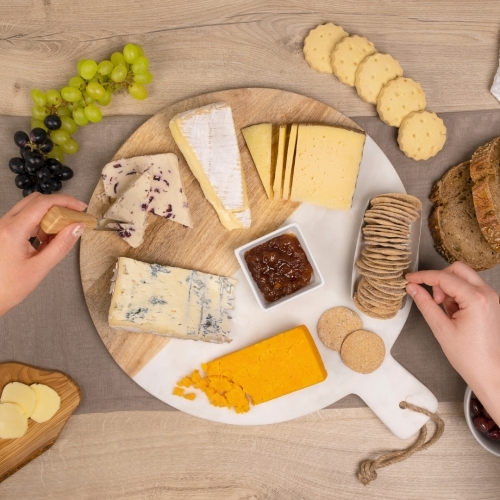Fill out the relevant details required, it could'nt be any easier register

Here's a breakdown of the key factors involved:
Milk Composition:The flavour of cheese begins with the milk used. The composition of the milk, including fat content, protein, and minerals, influences the potential flavor profile of the cheese. For example, the type of cow (or other milk-producing animal), their diet, and the season can all impact the milk's characteristics.
Coagulation and Curd Formation:The cheese-making process starts with curdling the milk using rennet or other coagulants. The proteins in the milk, primarily casein, aggregate to form a gel-like substance known as curd.
Microbial Cultures:Cheese-making involves the addition of specific starter cultures, which are typically bacteria or fungi. These cultures play a crucial role in flavour development by converting lactose (milk sugar) into lactic acid and producing various flavor compounds. Different strains of bacteria or fungi contribute distinct flavors and textures to the cheese.
Ripening and Aging:After curd formation, the cheese is left to ripen and age. During this time, several changes occur:
a. Microbial Activity:The microbial cultures continue to work, breaking down proteins and lipids into various compounds. These include amino acids, fatty acids, and peptides, which contribute to the cheese's flavour and aroma.
b. Enzymatic Actions:Enzymes, both from the milk and the added cultures, are responsible for the breakdown of proteins and fats. This enzymatic activity releases volatile compounds responsible for the cheese's characteristic aromas.
c. Texture Changes:Enzymatic and microbial activities also affect the texture of the cheese, making it smoother, softer, or more crumbly, depending on the variety.
d. Rind Formation:Some cheeses develop rinds, which can influence flavor and texture. Bacteria and molds on the rind contribute to these changes.
Flavour Compounds:As the cheese ages, it accumulates a wide range of volatile compounds responsible for its unique flavor and aroma. These can include esters, aldehydes, ketones, sulfur compounds, and more, all contributing to the complexity of cheese flavors.
Environmental Factors:Temperature, humidity, and airflow in the aging environment also influence the cheese's development. Different cheese types require specific conditions for optimal flavor and texture.
Aging Duration:The length of aging varies widely between different cheese varieties. Some cheeses are aged for a few weeks, while others can be aged for several years, intensifying their flavours.
Cheese aging is a fine balance of microbiological, enzymatic, and chemical reactions, all influenced by the cheese's composition, handling, and aging conditions. The end result is a wide array of cheese varieties, each with its unique flavor, aroma, and texture profile, making cheese one of the most diverse and beloved foods in the world.







